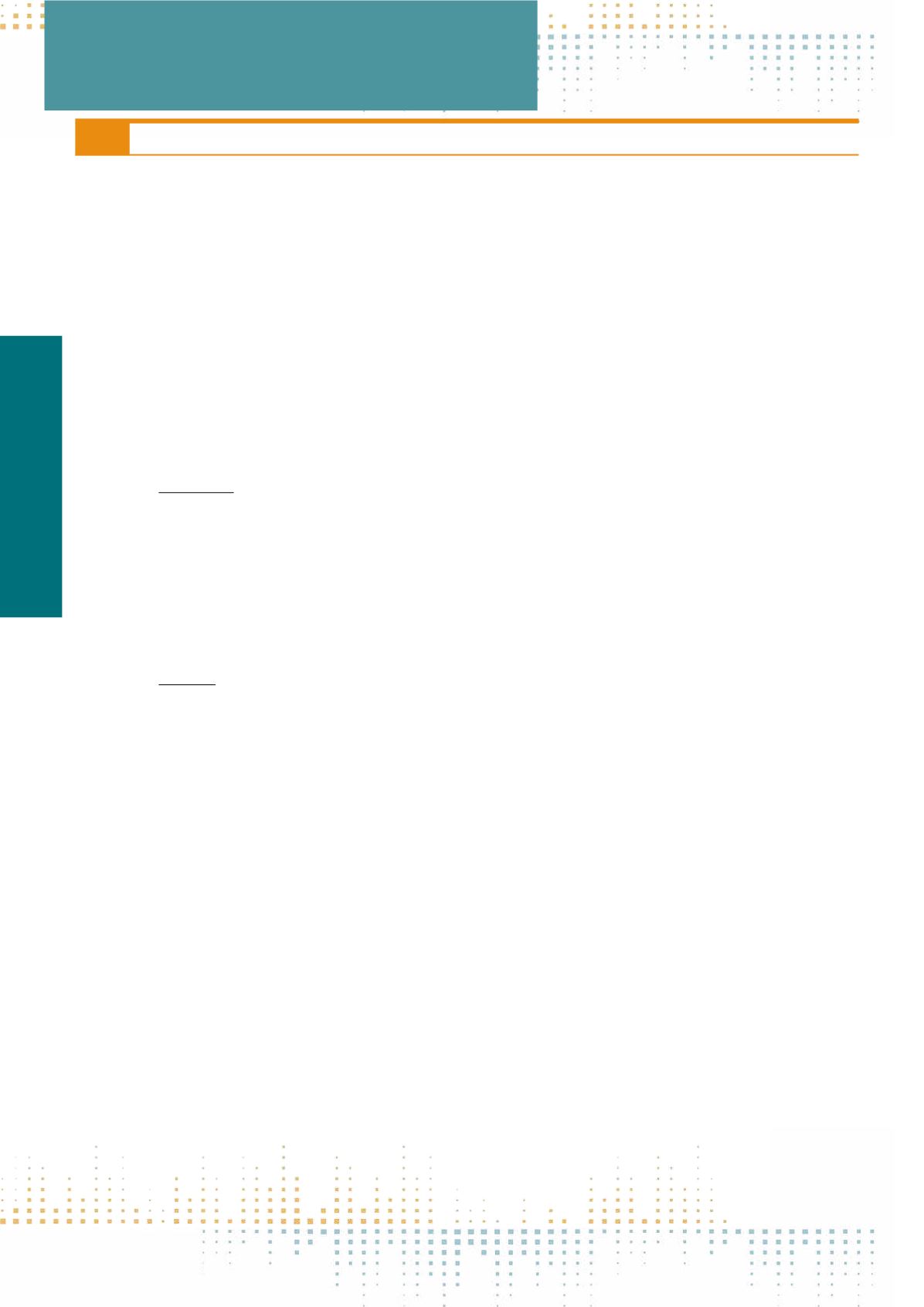

632
Thursday, November 10
0 9 : 0 0 – 1 0 : 3 0
SPC01
Special Panel: Political Communication andNewMedia in Central and Eastern Europe
V. Štětka
1
1
Loughborough University, Loughborough, United Kingdom
The impact of new/social media on political communication and on the changing modes of interactions between political actors and citizens has been
subject of an ever increasing amount of research. However, the vast body of empirical scholarship, as well as theoretical contributions to this dynamically
evolving area of study, tends to originate from countries with deep-rooted democratic traditions and long-established patterns of relationships between
media and political systems. The penetration of online media and, most recently, of social networking sites, into the systems of political communication is
then predominantly studied and assessed from a perspective which might not necessarily apply to countries which have only relatively recently undergone
the process of democratic transition and whereWestern-style political communication evolved hand-in-hand with building of democratic political and me‑
dia environment. This panel attempts to bridge this apparent gap and bring together scholars from the region of Central and Eastern Europe to present and
debate their research on new media adoption and use by politicians and political parties in their respective countries. Three country-case studies (Slovenia,
Czech Republic and Lithuania) and one comparative paper (Hungary, Poland and Slovakia) together encompass a substantial part of the region, giving
thereby a good opportunity to compare similarities and differences in the role the new media currently play in politics and political participation across
these new democracies in Central and Eastern Europe. At the same time, the panel will enable to discuss the extent to which some of the Western-centred
theoretical concepts (e.g. professionalization of political communication), are applicable to the empirical reality of this particular region.
PN 033
The Instrumentalisation of Politics and Politicians-as- Commodities: A Qualitative Analysis of Slovenian Parties’ Understanding
of Political Communication
J. Amon Prodnik
1
1
University of Ljubljana, Faculty of Social Sciences, Ljubljana, Slovenia
The article examines current processes in institutional politics and the often discussed tendency towards the professionalisation of political communication.
It relates this tendency to the instrumentalisation of political life and its adoption of the commodity logic in public communication. The study proceeds
from the perspective of critical theory and the political economy of communication. It connects this theoretical basis to Slovenian institutional politics with
the aim to analyse whether and in which ways instrumental reason and commodity logic have been adopted in the political communication of political par‑
ties. The study is based on semi-structured, in-depth interviews conducted with key representatives of seven parliamentary and three extra-parliamentary
Slovenian parties or groups.
PN 034
“Being Yourself” vs Being Professional: The Use of Social Media Among Czech Politicians
J. Zápotocký
1
, A. Macková
2
, V. Štětka
3
1
Charles University in Prague, Faculty of Social Sciences, Prague, Czech Republic
2
Masaryk University, Brno, Czech Republic
3
Loughborough University, Loughborough, United Kingdom
This paper presents selected outcomes of a qualitative study which aims at exploring the day-to-day social media practices, routines and communication
strategies of members of the Czech Parliament. Analyzing data from 16 semi-structured interviews with Czech MPs from all the main political parties,
the paper reveals the existence of a distinct line between the authentic“do it yourself”approach towards the adoption and use of social media, and the ap‑
proach which embraces professional management of social media channels, including the readjustment of communication style to different target groups
as well as the intention of using social media for the purposes of setting the public and news agenda. The analysis also explores the difference between
privacy barriers, which can be very strict for certain politicians, but much more blurry for others. Finally, we focus on the perceived importance attributed to
social media by the politicians in the political discourse.
Special Sessions
(SPC01–SPC10)



















